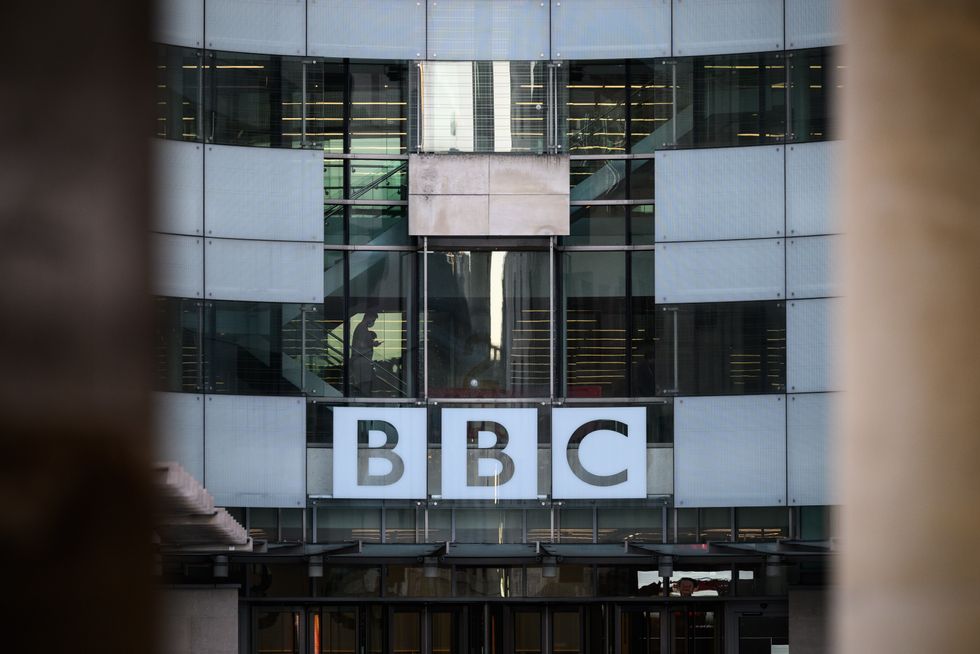BBC sparks fury after questioning if term 'ethnic minority' should be replaced by 'global majority'

The term 'Bame', which stands for black, Asian, and minority ethnic, has been dropped by many organisations across the UK
Don't Miss
Most Read
Latest
The BBC has come under fire for questioning if the term “ethnic minority” should be replaced with “global majority”.
In recent years, various organisations across the UK, including the Government, have dropped the acronym Bame, which stands for black, Asian, and minority ethnic, and in its place are opting to use the new phrase “global majority”.
The term was coined in 2003 by Rosemary Campbell-Stephens, a British-Jamaican academic, and refers to people who are “black, Asian, brown, dual-heritage, indigenous to the global south, and or have been racialised as 'ethnic minorities'”.
Campbell-Stephens said in 2020 that the group accounts for more than 80 per cent of the world’s population.
 BBC sparks fury after questioning if term 'ethnic minority' should be replaced by 'global majority' | Getty
BBC sparks fury after questioning if term 'ethnic minority' should be replaced by 'global majority' | GettyIn March 2022, the Government committed to no longer using Bame, instead opting to use specific ethnic classifications wherever possible.
It came after a March 2021 report by the Commission on Race and Ethnic Disparities which came to the conclusion that Britain was “no longer” rigged against ethnic minorities, recommending that the Bame acronym be shelved.
However, it failed to suggest an alternative.
Last year, the National Council of Voluntary Organisations (NCVO) announced that it had adopted the term “people of the global majority” to refer to all ethnic groups except white British and other white groups.
MORE LIKE THIS:
In an article discussing the growing buzzword, the BBC questioned if the term “ethnic minority” should be dropped entirely in favour of the new phrase.
The suggestion caused a ruckus online, with users suggesting the term creates further division.
One user said: “What an insane question. ‘Global majority’ is a poorly understood and offensive term for Brits to use. It means classifying non-white Brits - not with their fellow citizens - but with the birthplace of their parents and grandparents. Far-left and far-right seek the same division.”
Political commentator Tim Scott said: “No single ethnic or racial group has a ‘global majority’. You can only construct a majority by including some groups and excluding others. In this context ‘non-white’ might be a more honest term?”
Sam Bidwell, from the Adam Smith Institute, said: “Activists should be careful what they wish for. Creating a 'global majority' identity, defined in opposition to Europeans, will undoubtedly lead Europeans to define their own national identities in opposition to the 'global majority'.”

The BBC questioned if the term 'ethnic minority' should be dropped entirely in favour of the new phrase
| GettyAnother said: “The supposed benefit is from giving people a confidence boost by telling them they’re in the majority. Surely “majority=good, minority=bad” is an idea we need to get away from?”
“The dissolving logic of a democratic liberalism is that it cannot admit difference and so must reduce the entire human experience to a simple majority-minority calculation,” added another user online. “National and cultural identity matters more than a global one.”
However, others defended the use of the term. “It’s not semantics; it’s maths”, an individual said. “White Europeans are only 9 per cent of the global population. If you want to talk about minorities; white people are it.”
“Embracing ‘global majority’ celebrates the strength and diversity of people worldwide!,” said another.
The founder of BE.Xcellence, a Welsh company aimed at lifting the voices of Black, Asian, and minority ethnic people, said: “It speaks to unity, it gives you prominence and I think it helps us feel not less than.
“[The word] 'minority' can make you feel that you are less than, you are the least, when in reality we are the more in terms of numbers.”
A BBC spokesperson told GB News: "The article reflects a wide-range of views and makes it very clear that there is no settled consensus on this question.”










